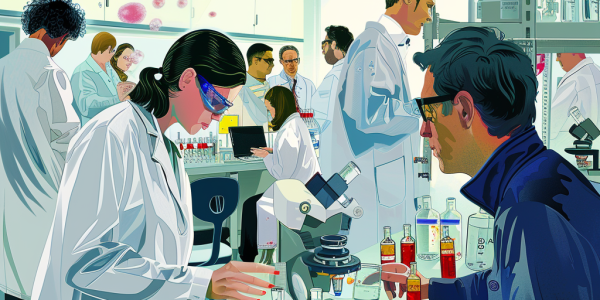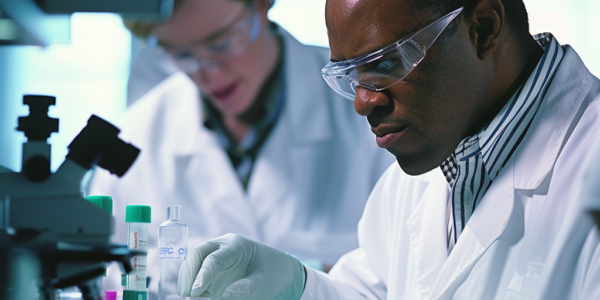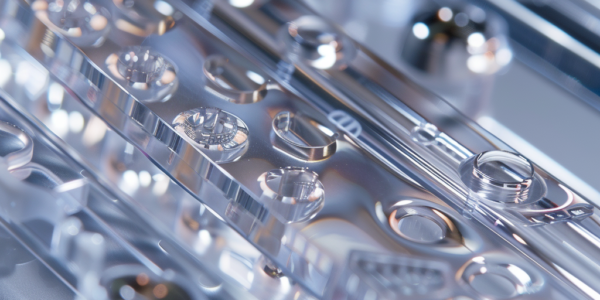Breakthrough CD7 CAR-T Cell Therapy Shows Promise for T-ALL Patients
The National University Health System in Singapore has announced groundbreaking results from a novel CAR-T cell therapy targeting CD7, offering new hope for patients with relapsed or refractory T-cell acute lymphoblastic leukaemia (T-ALL). This innovative treatment, developed in partnership with the National University of Singapore, modifies patients’ T cells to enhance immune responses against cancer cells, showing promising outcomes in clinical trials. With the potential to improve survival rates and quality of life, this therapy represents a significant advancement in precision medicine for aggressive leukaemia.
Groundbreaking Study Shows Promise of Stem Cell Therapy for Spinal Cord Injuries
Groundbreaking study by Mayo Clinic reveals promising results in using stem cell therapy to improve sensation and movement in patients with traumatic spinal cord injuries. Phase I clinical trial shows safety and potential benefits of using stem cells derived from patients’ own fat. Dr. Mohamad Bydon emphasizes the significance of the findings and the potential for stem cells to offer a new approach to improving patient outcomes. Positive safety profile and potential for further research make stem cell therapy a viable treatment option for spinal cord injuries.
Groundbreaking Study Shows Promise of iNKT Cell Therapy in Treating ARDS
Groundbreaking phase 1/2 clinical trial reveals the potential of iNKT cell therapy in treating moderate-severe ARDS caused by SARS-2 virus. AgenT-797 shows promise in rescuing exhausted T cells and activating innate and adaptive immunity without toxicities. Study points to iNKT cells’ anti-inflammatory response, survival benefits, and potential for treating infections and cancer.
New Microfluidic Device Revolutionizes Cell Therapy for Spinal Cord Injury Patients
MIT and Singapore-MIT Alliance for Research and Technology have developed a groundbreaking microfluidic device to enhance cell therapy for spinal cord injury patients. The device sorts and removes potentially harmful cells, improving safety and efficacy. It can process over 500 million cells per minute and is cost-effective for large-scale implementation, offering hope for improved treatment outcomes.
CAR T Cells Show Potential in Treating Age-Related Diseases, Study Finds
Recent research led by Memorial Sloan Kettering Cancer Center and Cold Spring Harbor Laboratory has revealed the potential of Chimeric Antigen Receptor (CAR) T cells in treating diseases related to aging. The study suggests that these engineered immune cells could…





